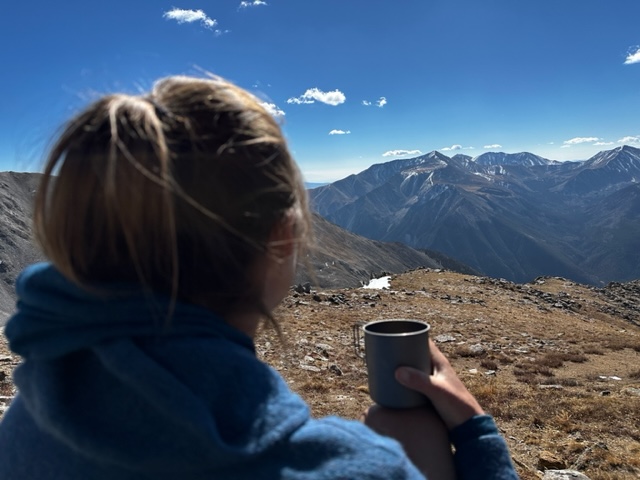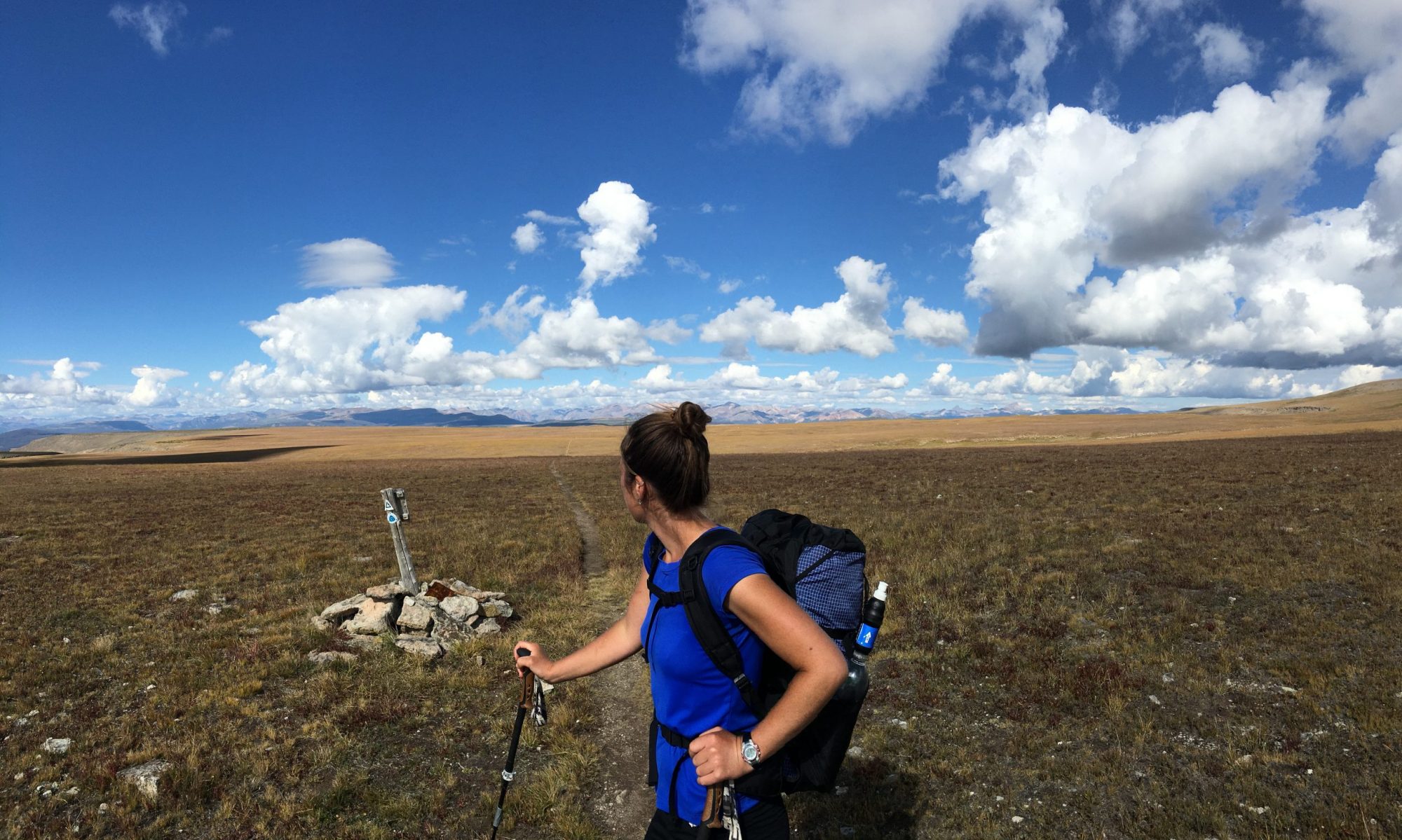As the season of high outdoor adventure winds down, it’s crucial to shift our focus from conquering peaks to caring for the invaluable tool that makes it all possible – our bodies and minds. Much like storing gear for longevity, our well-being requires some post-season attention. In this blog post, I’ll share insights into the importance of post-season self-care and offer a toolkit for backpackers to recharge and ensure they’re ready for many more seasons of exploration.
The Body’s Call for Rest:
After a summer of pushing limits, our bodies and minds often send signals that it’s time for a break. Decreased motivation and fatigued muscles are gentle reminders that demand attention. Learning from past experiences, I’ve come to appreciate the need for rest before being forced into a mandatory hiatus due to injury or illness. Ignoring these signals can lead to more serious issues like HPA axis dysfunction (adrenal fatigue), a lesson I learned the hard way after the Pacific Crest Trail.
The Concept of Seasons:
To maintain long-term health and continue pursuing outdoor passions for years, I visualize my journey as moving through different seasons, much like nature. Just as there are seasons of activity (spring and summer), there are seasons of downtime (fall and winter). Embracing periods of nourishment, rest, and repair is essential for preparing the body for high-output seasons. Going full throttle year-round risks burnout.
Postseason Self-Care Toolkit for Backpackers & Adventurers:
- Adrenal Support:
- Prioritize more sleep.
- Reduce caffeine intake.
- Scale back on mileage and vertical.
- Microbiome Support:
- Incorporate probiotics and soluble fiber into your diet.
- Nervous System Balance:
- Engage in parasympathetic-dominant activities like yoga, breathwork, and meditation.
- Balance sympathetic-dominant activities with slower, nature-focused pursuits.
- Nutrient-Rich Diet:
- Consume an abundance of fresh foods, particularly vegetables, to replenish nutrients lost during extended backpacking trips.
- Supplements:
- Introduce adaptogens and vitamin D to support overall well-being.
- Mineral-Rich Teas:
- Explore teas like dandelion, raspberry leaf, alfalfa, and matcha for both their nourishing qualities and soul-soothing benefits.
- Health Monitoring:
- Schedule bloodwork to detect deficiencies, inflammation, and potential infections.
- Use wearables like the Oura ring to monitor resting heart rate and heart rate variability for insights into recovery.
- Mental Health Check:
- Acknowledge post-trail challenges like depression and reverse culture shock.
- Connect with others for support.
While this post-season self-care toolkit serves as a starting point, the most crucial element is tuning in to your body and honoring its unique needs. As you gear up for the next adventure—perhaps the upcoming ski season—remember that intentional recovery is the key to sustained outdoor passion. Save this toolkit, listen to your body, and embark on the journey toward a healthy, adventurous future.


